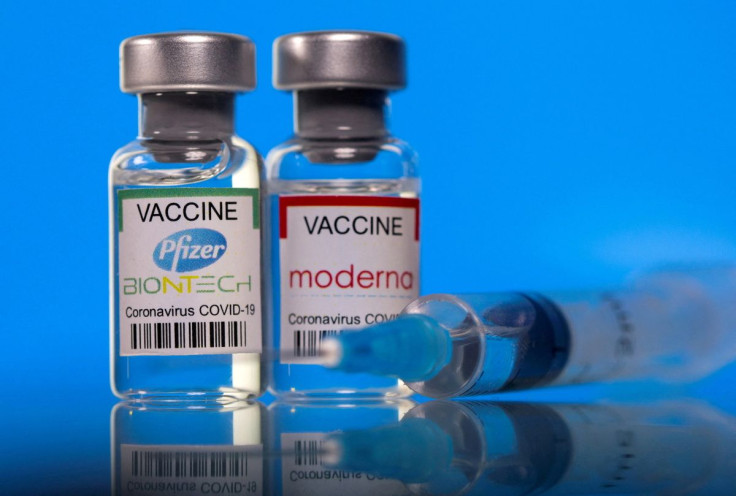CDC Quietly Changes COVID-19 Vaccine Spacing After Research Reveals Reduction In Side Effect
The Centers for Disease Control and Prevention has quietly changed its recommendation about the spacing between COVID-19 vaccine shots for Pfizer and Moderna.
On Tuesday, the agency advised certain age groups to wait up to eight weeks before getting their second dose of the vaccine. The CDC previously recommended waiting three or four weeks between the first and second doses of the vaccines.
The change was in response to research that found the longer wait in-between doses could provide more protection against COVID-19.
The data also suggested that people between the ages of 12 and 64, especially males between 12 and 39, could benefit from the extended time frame.
The longer interval could also reduce the risk of the rare vaccination side effect that causes heart inflammation found in some young men.
The people who were affected by heart inflammation were mostly men between the ages of 18 and 39 who developed the side effect around the second dose of the vaccine.
The heart inflammation among men in that age group was reported in 47 per 1 million that received the second dose of the Pfizer vaccine and about 68 per 1 million who got the second dose of the Moderna vaccine.
Following the new recommendation, experts believe health officials were justified in their decision to previously recommend shorter intervals between the shots during the early days of the pandemic.
“The virus was spreading. People were dying. We wanted to get the vaccine into their arms as quickly as possible,” said Dr. William Schaffner, a vaccine expert at Vanderbilt University.
Although researchers are recommending the longer interval between the first and second doses of vaccines, it doesn’t mean the urgency to vaccinate has come to an end.
“If you look at the death numbers, things are not changing very quickly at all. We still have a pandemic around the world,” said Kate O’Brien, executive director of the WHO’s Internal Vaccine Access Center. “There is still a race to vaccinate.”
While some areas of the world have high vaccination rates, experts believe there should be a focus on developing vaccines for three to five years as the virus will most likely still be present and continue to mutate.

© Copyright IBTimes 2024. All rights reserved.





















